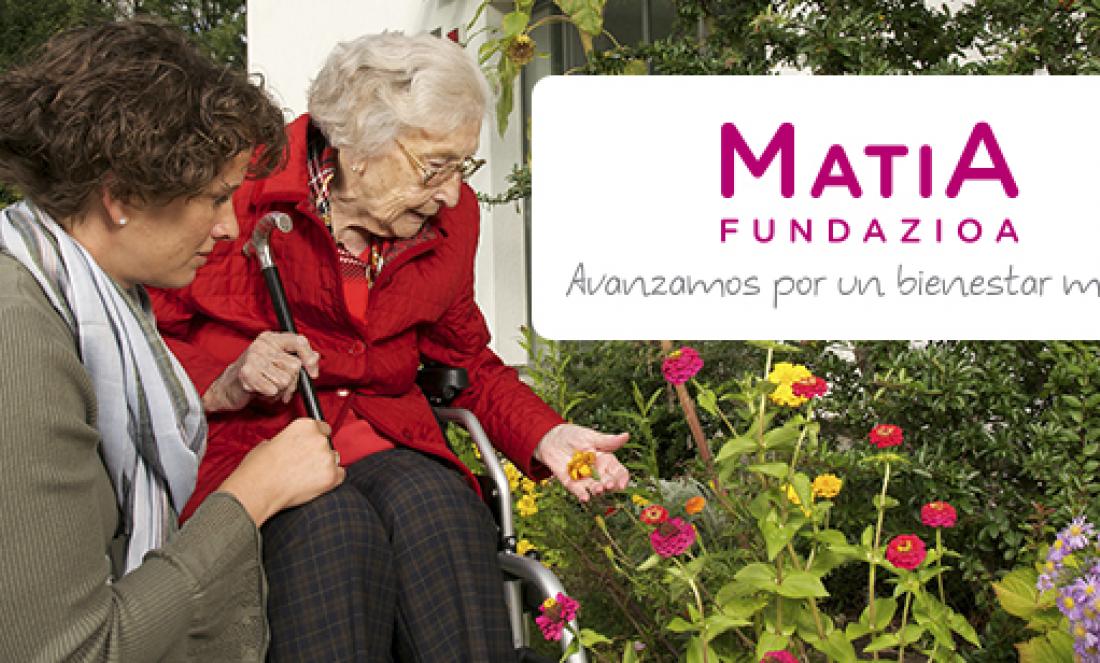
Person-centred care model. Practical notebooks. Notebook 10. Daily Life. Relations with others
You know, family comes first, but friends, neighbours, neighborhood acquaintances... can also improve our lives. It is essential to know how to take care of friendships and relationships and to be open to new ones. For people in a situation of dependence, too.
Families are, for most older people, their main source of support. On the other hand, the relationship and well-being of their family members is one of the issues that most concerns and affects them.
Therefore, families do matter - and a lot! That is why we seek and encourage their participation in care. We cannot think that this "is only a matter for professionals". Families are part of people's history and therefore they can be, in reality, allies of professionals in the care and support of people in a situation of dependency.
And what about friends! When many years go by, people who are loved are lost. This is one of the things that causes older people the most grief. So it is important to listen, leaving time for evocation and showing that good memories continue to accompany us even when the person is gone. But we must also encourage and support them so that they can meet other people and perhaps... make new friends!
Keeping the relationships that have been part of your life, of friendship or closeness, such as contact with neighbours or acquaintances, makes the person feel that life goes on, that they remain connected to the world.
If we take care that people preserve their most meaningful social relationships, we will make them feel more loved and more "alive".
On the other hand, needing care does not mean giving up new relationships. Isolation and loneliness must be avoided.
Sexual relationships are also part of the web of relationships that are maintained at any period of life . The desire remains, even though the sexual response and relationships may be different. The development of the sexual life of people in a situation of dependency requires normalizing attitudes and behaviours of maximum respect and support from professionals. Discretion, respect, proximity and availability are guidelines that can contribute to the healthy and satisfactory development of affective and sexual relationships.
Living with others in a satisfactory way is essential to have a good life. People in a situation of dependency have to readjust to living in new environments when they move to a place other than their homes in order to receive the support they need. For this reason, a fundamental objective of the professional teams in the centres is to achieve a respectful, happy and warm social climate. Taking into account people's preferences and capacities, favouring relations with the outside world, respecting private places and offering participation in shared activities are some of the keys to minimising the presence of conflicts and favouring a good atmosphere in relations between people.
Click to Download Notebook 10 (The file is in Basque and Spanish)
Visit the other related entries:
Booklet 1: Model of Person-Centred Care. Practical notebooks. Notebook 1. Person-centred attention: What does it consist of?
Notebook 2: Model of person-centred attention. Practical Workbooks. Notebook 2. Person-centred attention: How to put it into practice?
Notebook 3: Model of person-centred attention. Practical notebooks. Notebook 3. How and where I want to be cared for. Person-centred care, a new model of care.
Notebook 4: Person-centred attention model. Practical notebooks. Notebook 4. Professionals New Roles and Attention Teams.
Notebook 5: Model of Person-Centred Care. Practical notebooks. Notebook 5. The Professional of Reference in Centres.
Booklet 6: Model of person-centred care. Practical Workbooks. Notebook 6. Coexistence units for people who need help.
Notebook 7: Model of person-centred care. Practical notebooks. Notebook 7. Knowing the person and supporting their self-determination. The care and life plan
Booklet 8: Model of Person-Centred Care. Practical notebooks. Notebook 8. Knowing the person and supporting their self-determination. The support and consensus group
Booklet 9: Model of Person-Centred Care. Practical notebooks. Notebook 9. Daily Life. Carrying out activities

Add new comment